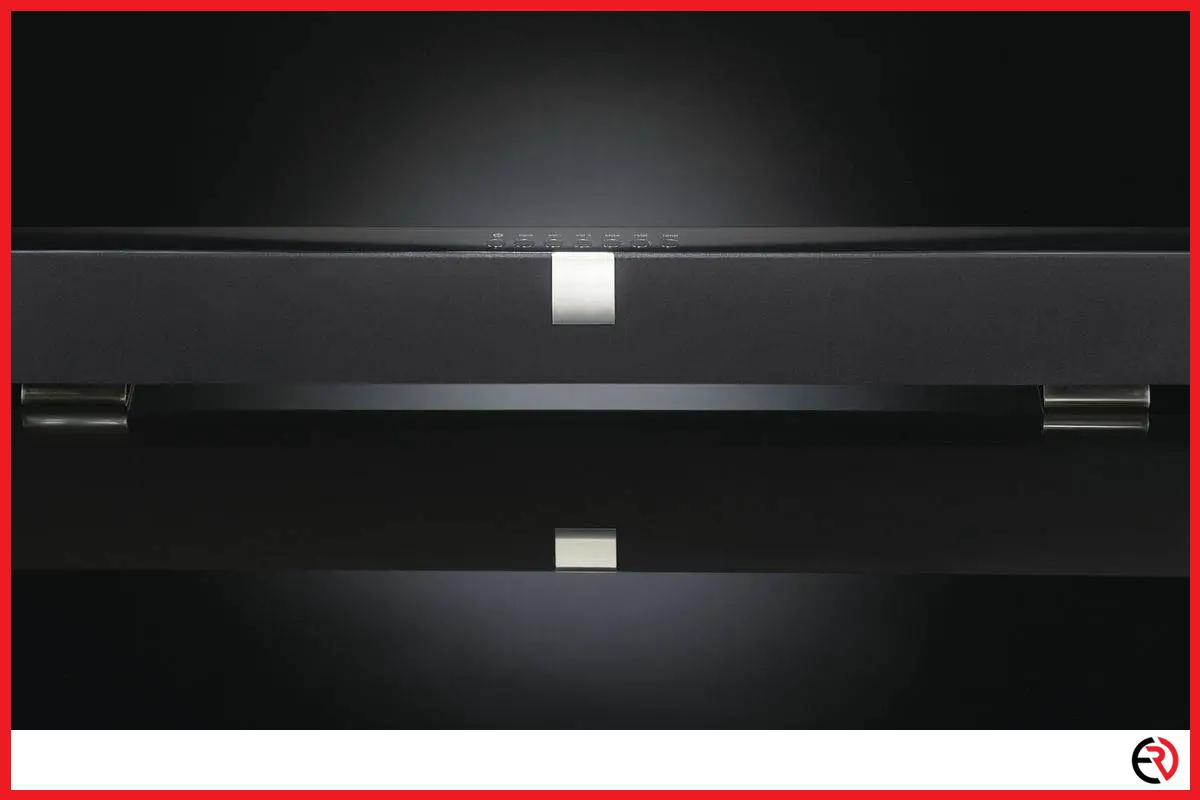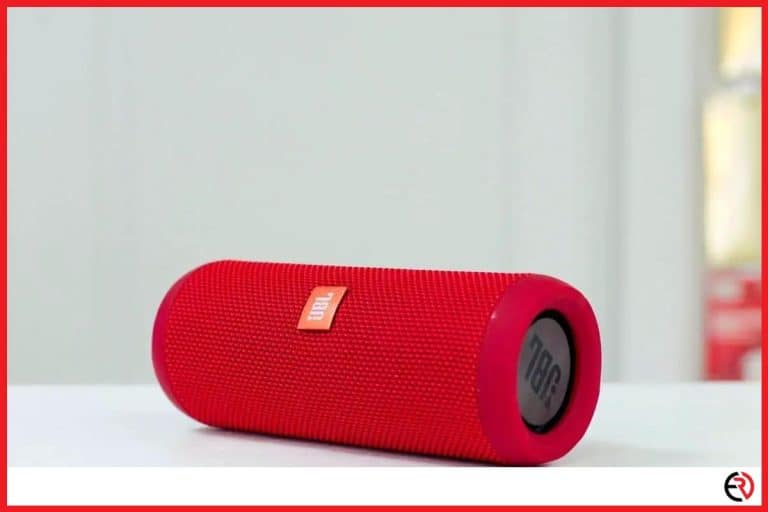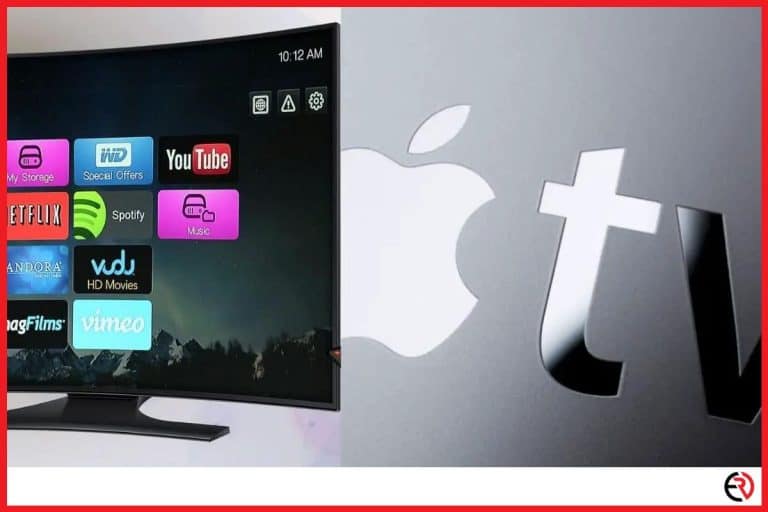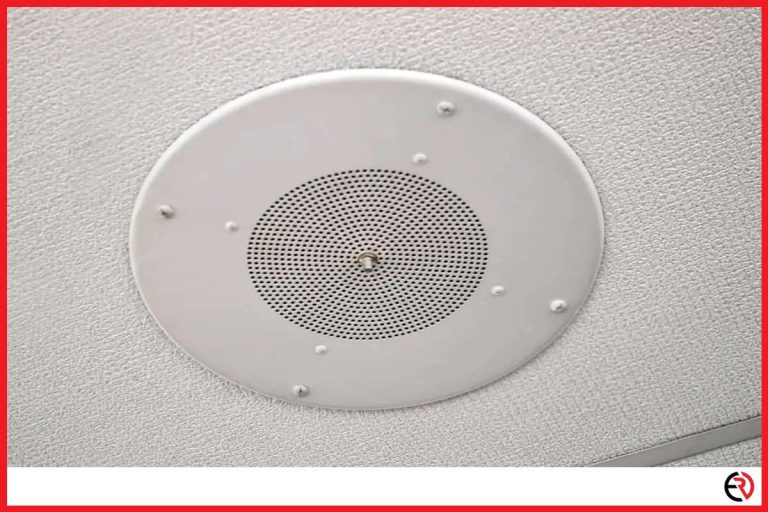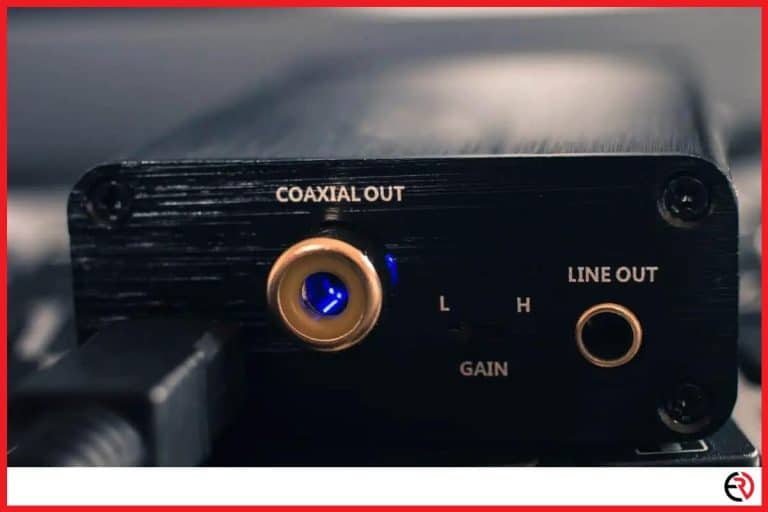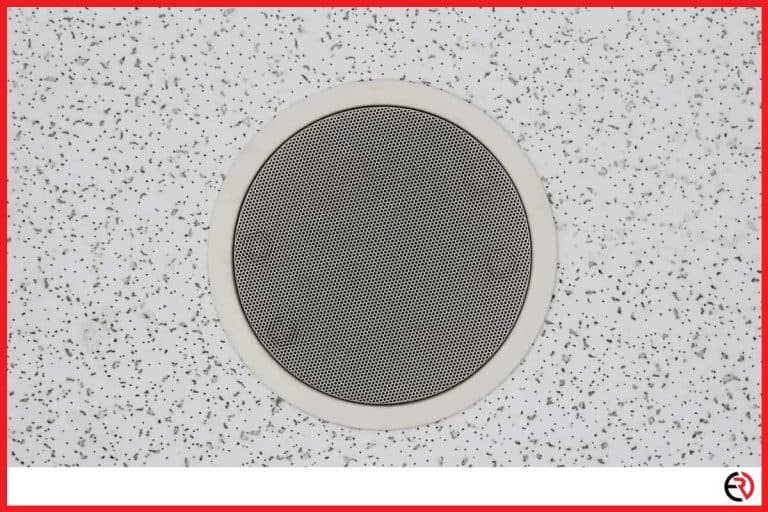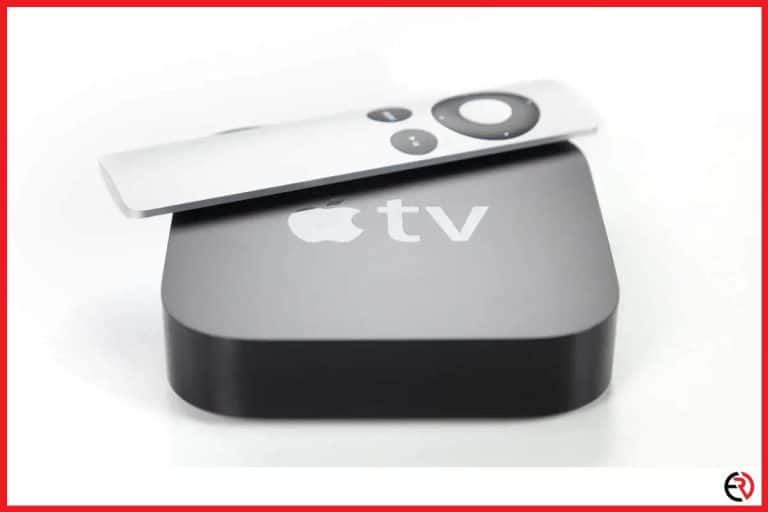Why Your Soundbar Echoes (And how to fix it)
This post may contain affiliate links which means that, if you choose to make a purchase, I may earn a small commission at no extra cost to you.
A soundbar is an easy and hassle-free way of boosting your audio output. Some even ship with extra satellite speakers and support surround sound. I like it for its simple setup, and lack of clutter. However, my new soundbar setup was ruining the audio experience with excessive echoes and distortions. Fortunately, there’s a fix.
Soundbars may create echoes if your TV speakers are on, or due to bad wiring. Since soundbars connect wirelessly, the TV speakers may be out of phase, and turning them off should solve the problem. For bad wiring, you may need to change the cabling.
I had to deal with soundbar echoes as well. There were many issues and each had a different solution. Let’s check them out.
Why does the Soundbar Echo?
From my experience, I figured out three primary reasons for soundbar echo and one of them may be a potential issue for you. My soundbar echoed due to out-of-phase TV speakers, bad speaker wiring, and poor audio dampening in my room.
An echo is a delay in how the sound is produced and reaches you. It can happen due to out-of-sync speakers from different or the same devices. You may be unable to achieve powerful and clear sound from the soundbar and are greeted with echoes instead. When I came across the same issue, the first thing I had to do was blame the TV speakers.
TV Speaker Interference
After setting up the soundbar I relaxed on the couch with some snacks and was ready to binge-watch a season of Peaky Blinders. However, within a few minutes, the experience was completely ruined due to echoes from the soundbar.
I figured out that my TV speakers were on and that was causing quite a lot of interference. TV speakers are usually positioned at the back of the TV while your soundbar is usually placed below the TV facing in your direction. Sound waves from the soundbar reach you with a shorter path while soundwaves from the speakers take longer to reach you. This delay causes you to hear an echo.
To solve this issue, you need to turn off the TV speakers. Most manufacturers work on thin margins and expect you to buy additional speakers for the TV. This allows them to spend more on the panel and other technologies while skimping out on powerful speakers. So, even if you turn off the TV speakers there won’t be any significant difference in volume or audio quality.
To turn off your Tv speakers:
- Make sure your TV is on and the soundbar is connected via a digital audio cable, 3.5mm jack, or paired via Bluetooth.
- Open the Settings menu on your smartTV.
- Select “Sound” or “Audio” from the menu.
- Choose the Soundbar as the default speaker.
- You can also manually regulate the remote and turn down the TV speakers till it hits zero or disables them if there is such an option on the menu. You may have to refer to the TV manual.
Once the TV speakers are disabled or turned off, you should be able to listen to the superior sound output from the soundbar without any interference. However, this wasn’t the case for me. I had bad wiring.
Out of Phase Speakers or Bad Wiring
Even after the TV speakers are turned off, you may still hear an echo. For me, it was out of phase speakers instead of the Tv speaker issue. The humble soundbar may look simple, but has plenty of components inside it to create that rich and crisp sound.
Your soundbar is a complete audio system with multiple integrated speakers. It has the left, right, and center channels. Surround sound soundbars are more advanced with integrated subwoofers and some even come with additional satellite speakers. All these speakers need to be linked together and work in sync to create an echo and distortion-free audio output.
If the speakers fall out of phase, certain speakers would play with delay and create echoes and reverberations. Since my soundbar was within warranty, I could contact customer support to fix the wiring and get it tuned. You can do the same. Otherwise, you have to take the soundbar to a repair technician. However, before you call the technician, it’s important to figure out if you have out-of-phase speakers.
To check if your speakers are out of phase, you can use the help of this youtube video.
- Open your smartTV and make sure that the TV speakers are turned off or disabled.
- Play the youtube video and keep an eye on the visual cues.
- Check if the audio is coming from the left and right speakers as cued by the video.
- If the speakers are out of phase, you should get the soundbar repaired.
If you don’t have poor wiring, the issue may be something else. It may be due to a damaged cable you use to connect the soundbar and the TV. The modern soundbar has plenty of ways to connect to your TV.
If the soundbar has wireless capabilities, it will be able to connect to your TV over Bluetooth or WiFi. Apart from that, there’s the standard 3.5mm jack, other analog cables, and coaxial cables. If you have a wired connection, check the cable for damage. If the cable is damaged, you should invest in a new high-quality cable to get rid of the echo.
Audio Dampening
You’ve done it all. Disabled the TV speakers, checked if they were out of phase, and even tethered the soundbar to the TV with a brand new cable. If the echo persists even after that, you may have poor audio dampening in the room. I have faced this issue several times with my surround sound home theater system.
To reduce audio dampening, we need to understand how sound reflects, gets absorbed, and refracts off of surfaces. Hard and smooth surfaces are a nightmare for your audio setup. Sound waves reflect off smooth surfaces very easily and create distinct reverberations and echo.
These types of materials include tiles, concrete, polished hardwood, bricks, rocks, natural stone, glass, and more. You’ll find these surfaces all over your room. From the floor to the walls and the furniture. To fix echo and reverberations, you need to improve audio dampening in your room.
First, you need to take care of the walls. Homeowners can add acoustic foam panels to absorb the soundwaves. I live in a rental property and making such alterations isn’t ideal for me. That’s why I rely on thick curtains to minimize sound reflection. They are a cheaper solution to acoustic panels.
You can also cover the floor with a thick carpet or rug. They have a lot of perforations and work wonders in a small echo-heavy room. You can also add cushions to your furniture to improve audio dampening even more.
Conclusion
Soundbar echo can be due to several reasons including speaker interference, bad wiring, and lack of audio dampening in the room. However, if you can identify the cause and apply one of the solutions mentioned above, you will be able to enjoy your movies, music, and documentaries in pure audio bliss like me.

